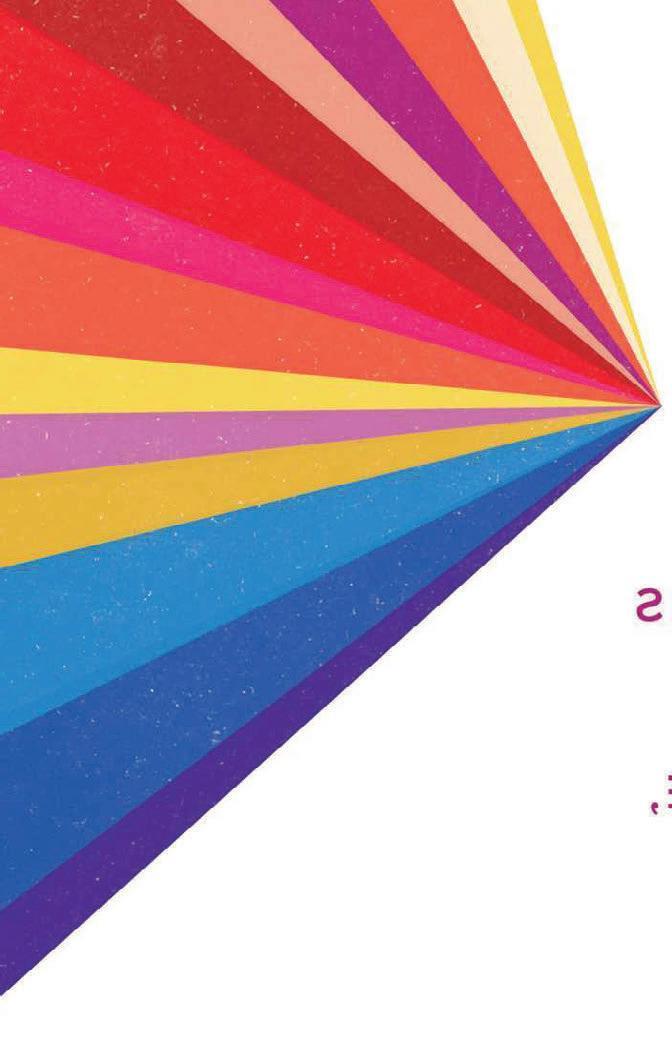
1 minute read
Context of 24/6
Shlain’s target audience is not the Jewish community, though this book is grounded in Jewish tradition. She takes readers on a provocative and entertaining journey through the past, present, and future of ideas about time and technology. All the while, she explains how being completely offline one day each week for ten years and continuing now with her husband and two daughters, ages 16 and 10, has completely transformed and enhanced her and her family’s lives, freeing up time, connection, and presence.
Thomas Cahill, a journalist and practicing Catholic originally known for How the Irish Saved Civilization, noted it was the Jews who invented the weekend, known as the Sabbath or Shabbat. “No ancient society before the Jews had a day of rest….a weekly restoration of prayer, study, and recreation…[A] weekly celebration of their freedom; leisure is the necessary ground of creativity.” Though Tiffany is Jewish, she is not religiously observant. She explores Cahill’s insight along with others, in particular Abraham Joshua Heschel’s idea of the Sabbath as “a palace in time” and she explores the shifting role of technology in our lives, looking at what it amplifies for us and what it amputates.
Arthur Green offers similar observations: “Shabbat is needed now more than ever. We Jews should be missionary about Shabbat. It may be the best gift we have to offer the world. The idea is that one day a week you say no to our new master, the computer. You turn off the modem, look away from the screen and toward those around you, exercising a talent that may become rare in this age: the cultivation of real human community. My bumper sticker reads ‘Visit people, not websites.’”



